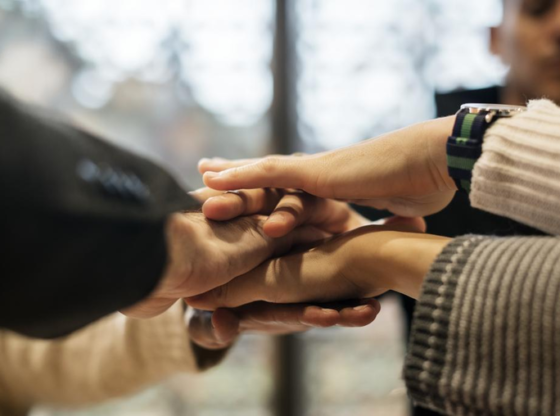On Oct. 3, the European Union (EU) ruled that if any country within the EU finds content posted on Facebook to be illegal, it must be removed from their website worldwide.
This decision was sparked by an Austrian politician, Eva Glawischnig-Piesczek, who sued Facebook because users were posting reputation-threatening comments by calling her a “corrupt oaf” and a “lousy traitor of the people.” Facebook is understandably upset by this decision, as this infringes upon freedom of speech across various countries.
Facebook should not be forced to censor their content because social media platforms are an asset to globalization. They enable the monetarily free flow of information across borders. Censoring content according to one country’s limits on free speech will violate the rights of other countries, give authoritative governments control over online content and suppress global progress overall.
If the EU has the authority to dictate what content is legal or illegal on social media platforms, it doesn’t only impact the EU. If Facebook removes the comments about Glawischnig-Piesczek being a “corrupt oaf,” it is removing it from the social media feeds of countries outside of the EU.
This practice is far from new. It can be observed in countries with varying levels of freedom of speech, except these are done in isolation. In China, the government filters the information their citizens are exposed to. They have what is known as the Great Firewall—utilized for blocking access to foreign websites—and the Golden Shield—utilized for monitoring user activity. In Singapore, a “Fake News” law that requires social media platforms to delete content their government deems as false was recently signed. In Singapore’s case, if companies fail to comply, they’ll receive a fine of up to 1 million in Singapore currency (equivalent to $722,000).
This begs the question, should it be up to the government or the individual person to decipher the validity and value of the messages being tossed onto these international platforms? I vouch for the individual.
Humans are complex beings with agency. We have the capacity to act purposely and according to our own volition. We aren’t hand puppets to the government, mindlessly strung along to replicate the actions and words they feed us through media outlets. Social media is used to connect and embolden the world. Odds are that if the government is trying to limit certain forms of speech, it’s because it threatens the power structures in place—which isn’t necessarily a bad thing. Public discourse is essential in facilitating change and challenging the current mechanisms in place. The more information people have, the more power they have.
Social media provides us with our equipment for living—the symbolic resources for addressing and resolving the anxieties and difficulties of our everyday lives. We need social media because each country has bias built out of its framework, and international communication takes down these frames. With these tools, we can begin to draw outside of the lines and create an interrelated society. The various pictures consummating each country can come together to create a masterpiece.











